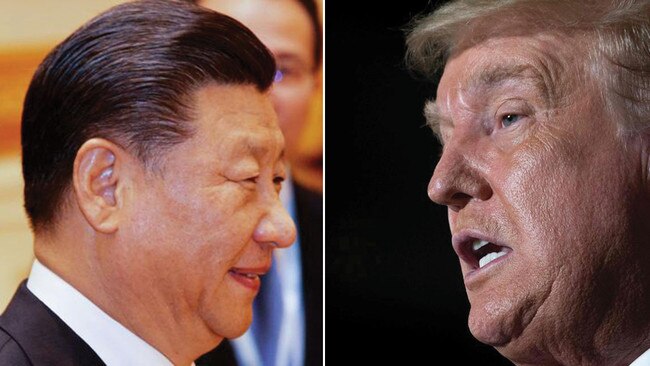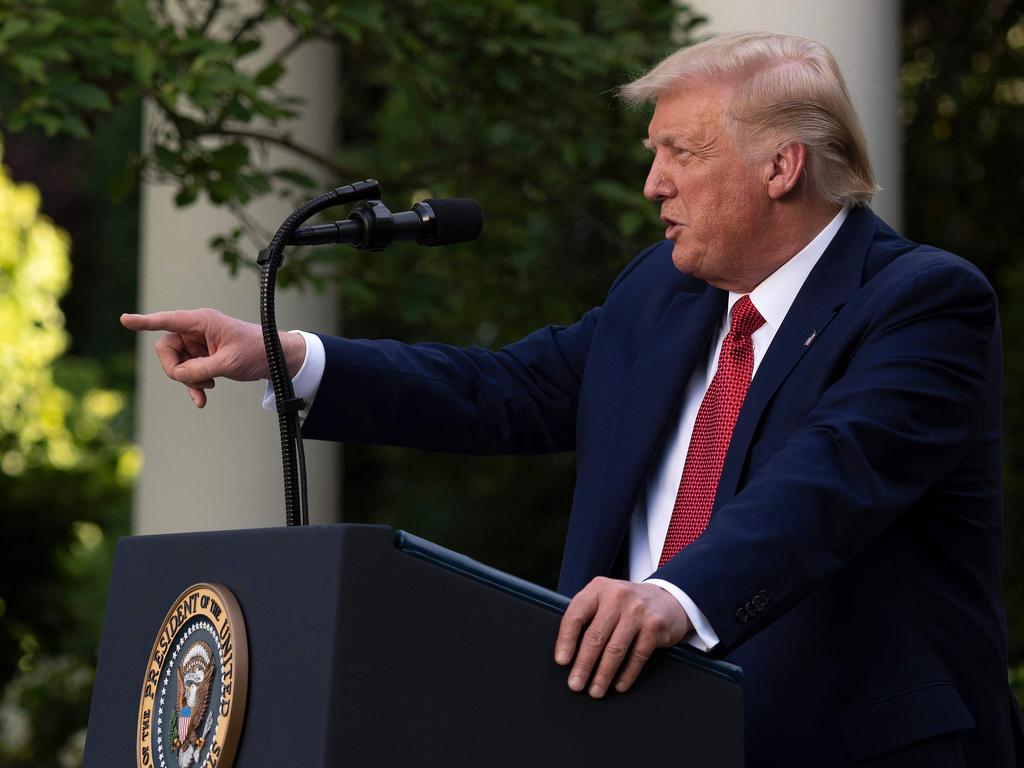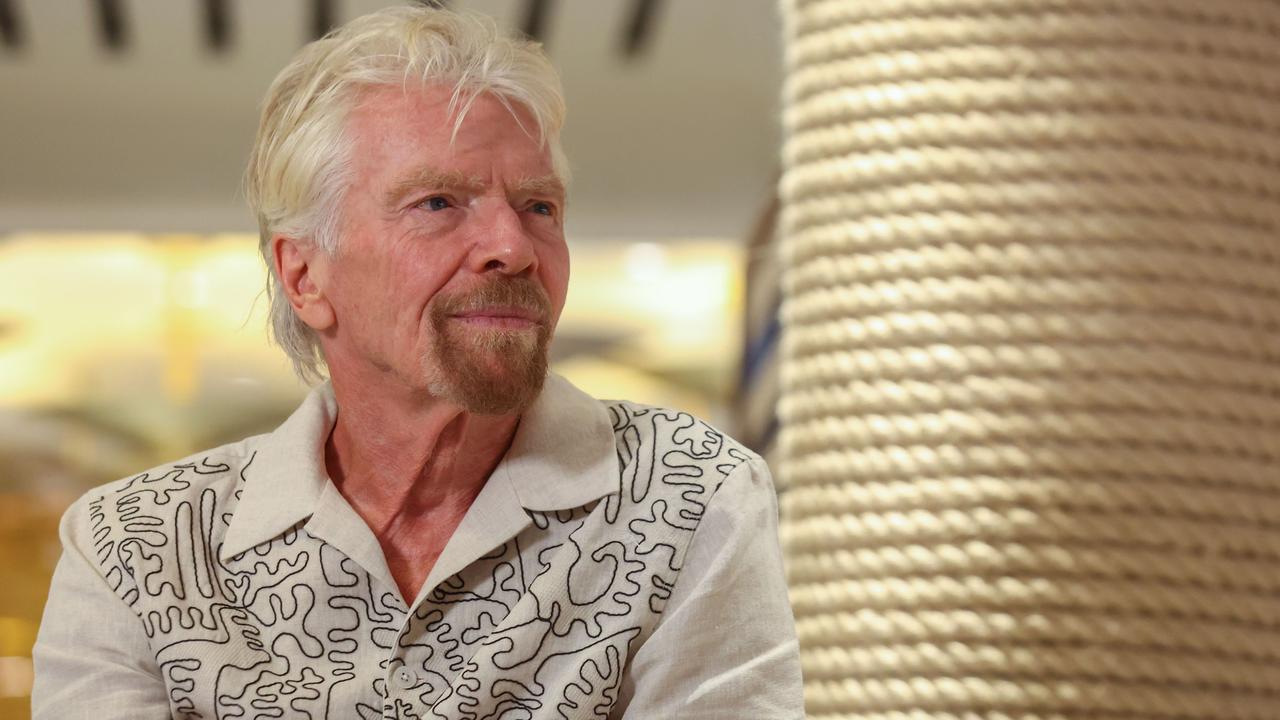Trump administration draws up travel ban for China’s 92m communists
The provocative plan would include power to revoke the visas of party members already in the US, effectively expelling them.

The White House is considering banning all members of the Chinese Communist Party and their families from travelling to the United States.
A presidential proclamation being drafted by the Trump administration would also give the US government the power to revoke the visas of party members already in the country, effectively expelling them.
The order, news of which was leaked to The New York Times, could also ban travel by members of the People’s Liberation Army, China’s armed forces, and senior executives at state-run businesses. If implemented, it would be the most provocative act yet in America’s increasingly acrimonious relationship with China.
Economic blitzkrieg: Barr blasts China
William Barr, the US attorney-general, blasted China on Thursday night, saying that it was determined to replace and not join advanced economic powers, and he warned companies to stop compromising their principles to appease Chinese leaders and regulators.
“The People’s Republic of China is now engaged in an economic blitzkrieg — an aggressive, orchestrated, whole-of-government, and indeed, whole-of-society campaign to seize the commanding heights of the global economy and to surpass the United States as the world’s pre-eminent superpower,” he said in a speech in Grand Rapids, Michigan. “Globalisation does not always point in the direction of greater freedom. It is clear that the PRC seeks not merely to join the ranks of other advanced industrial economies, but to replace them altogether.”
President Trump has at times boasted of a warm rapport with President Xi, but he has also blamed China for the spread of the coronavirus around the world and has pursued tough measures against Hong Kong since Beijing imposed new restrictions on the territory.
The proclamation on travel would use the same powers to block foreign nationals deemed “detrimental to the interests of the United States” that Mr Trump harnessed in his 2017 ban on citizens of predominantly Muslim countries.
‘China is not afraid of them’
Asked about the threat of fresh sanctions from the US, Hua Chunying, a spokeswoman for the Chinese foreign ministry, was defiant. “China is not afraid of them,” she said. “If the US wants to make a storm, then just let the storm rage with greater force.”
A travel ban on Chinese Communist Party members would be potentially tricky to impose: it has 92 million members. Almost three million Chinese people visited the US in 2018.
In China’s one-party state, Communist Party members hold all important positions in the government, ranging from diplomats in overseas embassies to directors of neighbourhood committees. Anyone aspiring to work in government knows that party membership is essential to a successful career.
Public entities such as universities, state-owned enterprises and banks also have party members in top positions. To prove that it represents the best and the brightest, the party invites high achievers, including Olympians, scientists, and artists to become members.
Mo Yan, the Nobel literature laureate, is a party member. So is Jack Ma, founder of the e-commerce giant Alibaba and one of the world’s richest men; Ren Zhengfei, founder of Huawei; and many other business tycoons.
Li Wenliang, the Wuhan doctor who tried to warn his peers of the dangers of the coronavirus outbreak in December — and later came to embody the public demand for free speech when he died in February — was a party member.
Worsening political climate
Amid the worsening political climate The New York Times is moving a large part of its Asia headquarters from Hong Kong to Seoul. For decades Hong Kong has been the base in Asia for many large English-language publications because of its tradition of a free press despite its proximity to mainland China.
“China’s sweeping new national security law in Hong Kong has created a lot of uncertainty about what the new rules will mean to our operation and our journalism,” the newspaper said. “We feel it is prudent to make contingency plans and begin to diversify our editing staff
The Times







To join the conversation, please log in. Don't have an account? Register
Join the conversation, you are commenting as Logout